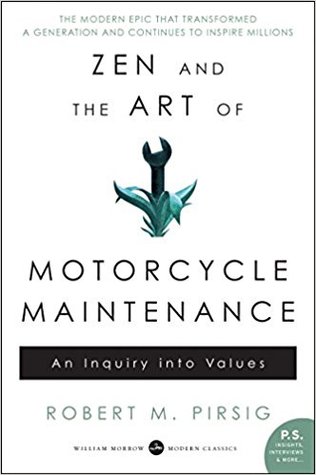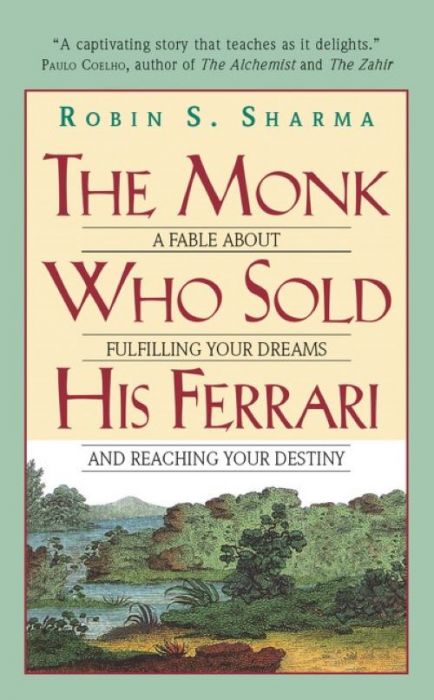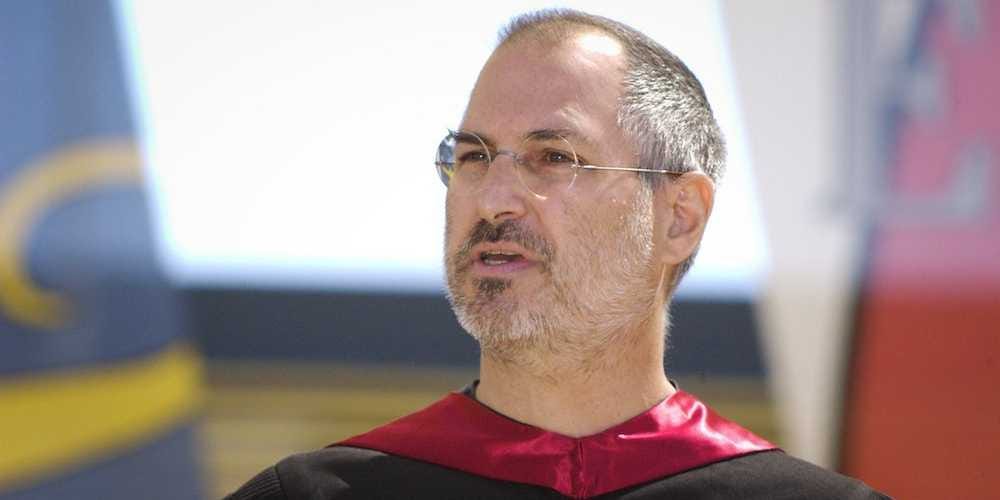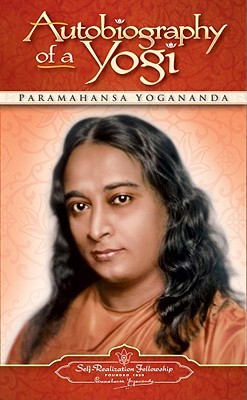20+ Books That Shaped Steve Jobs
There is no one like Steve Jobs when it comes to reading habits. He was an avid reader and had a voracious appetite for knowledge. Jobs would reportedly read one book per week, and he often said that books were his best teachers.
Jobs was known for reading a wide variety of books, including biographies, business books, and history books. He was particularly interested in the fields of design, technology, and business. Jobs was also known for taking notes while he read, and he would frequently highlight passages in books that he found interesting.
Many of the ideas that Jobs implemented at Apple were inspired by the books he read. For example, his obsession with minimalist design was influenced by the book “The Design of Everyday Things.” His interest in using technology to improve people’s lives was inspired by the book “The Digital Brain.”
Jobs’ reading habits were one of the reasons why he was such a successful CEO. He had a wealth of knowledge and insight that he drew from his books, and he was able to apply this knowledge to his work at Apple. Thanks to his reading habits, Jobs was able to create some of the most innovative and successful products in history.
The life of Steve Jobs was one that was greatly influenced by the books that he read. Here are 20 books that Jobs has cited as the most influential in his life.
20 Books That Shaped Steve Jobs
- Zen and the Art of Motorcycle Maintenance by Robert Pirsig
- The Bible
- Be Here Now by Ram Dass
- The Prophet by Kahlil Gibran
- The Innovator’s Dilemma by Clayton Christensen
- The Autobiography of Malcolm X
- The Tao of Physics by Fritjof Capra
- The Art of War by Sun Tzu
- As a Man Thinketh by James Allen
- The Little Prince by Antoine de Saint-Exupery
- The Outsiders by S.E. Hinton
- Walden by Henry David Thoreau
- The Waste Land by T.S. Eliot
- The Velveteen Rabbit by Margery Williams
- The Grapes of Wrath by John Steinbeck
- The Catcher in the Rye by J.D. Salinger
- The Sun Also Rises by Ernest Hemingway
- The Gurdjieff Work by P.D. Ouspensky
- The Chronicles of Narnia by C.S. Lewis
Zen and the Art of Motorcycle Maintenance by Robert Pirsig
In his commencement address at Stanford University in 2005, Jobs said, “The one thing that has most consistently guided my life is a deep belief that the only way to understand the world is to see it as an artist sees it.” This is a sentiment that is echoed in Pirsig’s book, which encourages people to look at the world with a more creative and holistic perspective.
The Bible
Jobs was baptized in the Methodist faith, and he has cited the Bible as one of the most influential books in his life. “My father was a Syrian Christian from Homs, and my mother was a Protestant from Wichita, Kansas,” Jobs said in his 2005 commencement address at Stanford. “I was raised by a father who was a Syrian Christian, and I was baptized in the Methodist faith.”
Be Here Now by Ram Dass
Jobs was introduced to the teachings of Ram Dass in the late 1960s, and this book had a profound impact on him. The book encourages people to live in the present moment and to be fully aware of their surroundings.
The Prophet by Kahlil Gibran
This book, which is a collection of poetic essays, was another that had a significant impact on Jobs. Gibran’s writings explore topics such as love, beauty, and wisdom, and Jobs has said that they helped him to “see the world in a different way.”
The Innovator’s Dilemma by Clayton Christensen
Jobs was greatly influenced by the work of Clayton Christensen, who is a professor at Harvard Business School. Christensen’s book examines the factors that lead to successful businesses, and it offers insights into how companies can stay ahead of the curve.
The Autobiography of Malcolm X
Jobs was greatly inspired by the life story of Malcolm X, who was an African-American activist and Muslim minister. X’s autobiography tells the story of his journey from being a street criminal to becoming a leader in the civil rights movement.
The Tao of Physics by Fritjof Capra
This book explores the parallels between modern physics and Eastern mysticism. Jobs was drawn to the book’s message that there is a unity underlying the apparent diversity of the universe.
The Art of War by Sun Tzu
This ancient Chinese text is about the art of war and strategies for winning battles. Jobs has said that he has applied the teachings of Sun Tzu to the business world and that they have helped him to be a more effective leader.
As a Man Thinketh by James Allen
This book is about the power of thought and how it can be used to create positive change in one’s life. Jobs has said that this book taught him that “the mind is everything; what you think you become.”
The Little Prince by Antoine de Saint-Exupery
This book is a poetic story about a young prince who travels to different planets. Jobs has said that he was drawn to the book’s message that it is important to keep our hearts open and to see the world with childlike wonder.
The Outsiders by S.E. Hinton
This book is about a group of teenagers who are outsiders in their community. Jobs has said that he related to the book’s themes of rebellion and individuality.
Walden by Henry David Thoreau
This book is about Thoreau’s experiences living in nature by himself. Jobs has said that he was drawn to the book’s themes of simplicity and self-reliance.
The Waste Land by T.S. Eliot
This book is a collection of poems that explore the themes of death and despair. Jobs has said that the book showed him that “the most important thing is to have a sense of where you are going.”
The Velveteen Rabbit by Margery Williams
This book is a story about a stuffed rabbit who becomes real through the love of his owner. Jobs has said that the book is about the power of love and that it taught him that “everything that is real is made of love.”
The Grapes of Wrath by John Steinbeck
This book is about a family of farmers who are forced to leave their home during the Great Depression. Jobs has said that the book showed him “the power of the written word to move people.”
The Catcher in the Rye by J.D. Salinger
This book is about a teenager who is trying to find his place in the world. Jobs has said that he connected with the book’s themes of alienation and teenage angst.
The Sun Also Rises by Ernest Hemingway
This book is about a group of friends who travel to Spain to attend the bullfighting festival. Jobs has said that he was drawn to the book’s themes of passion and adventure.
The Gurdjieff Work by P.D. Ouspensky
This book is about the teachings of G.I. Gurdjieff, a spiritual teacher who was influential in Jobs’ life. Gurdjieff’s teachings focus on the idea of self-awareness and the importance of being in the present moment.
The Chronicles of Narnia by C.S. Lewis
Jobs was introduced to the writings of C.S. Lewis when he was a child, and he has cited the Chronicles of Narnia as one of the most influential books in his life.
The book tells the story of a young boy who is transported to a magical world where he must save it from evil. Jobs has said that the books taught him that “there is a great adventure waiting for us all.
What Spiritual Books Did Steve Jobs Read
Steve Jobs was one of the most iconic and influential businessmen in the world.
He was also a spiritual seeker who read many spiritual books throughout his life. Steve Jobs read the following 5 spiritual books several times in his life-
- Siddhartha
- The Autobiography of a Yogi
- The Tao of Pooh
- The Monk Who Sold His Ferrari
- The Mind of Zen
Now let’s get the details.
Siddhartha
One of Steve Jobs’ favorite spiritual books was Hermann Hesse’s “Siddhartha.”

The book is about a young man’s journey to find spiritual enlightenment. Jobs was so moved by the book that he made a copy of it for each of his employees.
The Autobiography of a Yogi
Another one of Jobs’ favorite spiritual books was “The Autobiography of a Yogi” by Paramahansa Yogananda.
The book tells the story of Yogananda’s spiritual journey and his encounters with many of the great spiritual masters of his time. Jobs was so inspired by the book that he purchased the movie rights and made a documentary about Yogananda’s life.
The Tao of Pooh

Jobs was also influenced by the teachings of Zen Buddhism. He read the book “The Tao of Pooh” by Benjamin Hoff, which explores the parallels between Taoism and the teachings of Winnie-the-Pooh.
The Mind of Zen

Jobs also read the book “The Mind of Zen” by Robert M. Pirsig, which discusses the philosophy of Zen Buddhism.
The Monk Who Sold His Ferrari

Jobs was also interested in the spiritual teachings of Christianity. He read the book “The Monk Who Sold His Ferrari” by Robin Sharma, which tells the story of a successful lawyer who sells all of his possessions and becomes a monk. Jobs also read the book “The Bible.”
Jobs was an eclectic spiritual seeker who read many different types of spiritual books. He was influenced by the teachings of Zen Buddhism, Christianity, and Hinduism.
Jobs’ spiritual journey led him to become one of the most successful and influential businessmen in the world.








